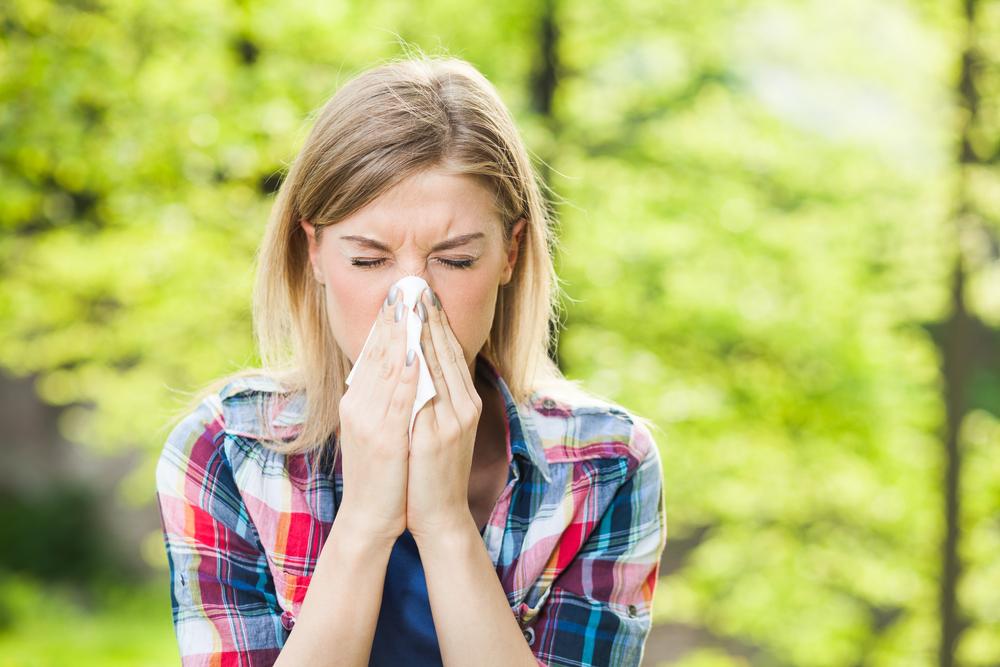Allergy treatment is a crucial aspect of healthcare that can significantly improve the quality of life for individuals who suffer from allergies. From seasonal allergies to more severe cases, understanding the various treatment options available is essential for managing symptoms effectively. Discover how different therapies and medications can offer relief and enhance your daily life.

Understanding Allergies
Allergies occur when the immune system reacts to foreign substances called allergens. Common allergens include pollen, dust mites, pet dander, and certain foods. When exposed, the immune system releases chemicals like histamine, which lead to the typical allergy symptoms such as sneezing, itching, and swelling. Identifying these allergens is key to effective allergy management. To learn more about the types and symptoms of allergies, check out the Cleveland Clinic.
Diagnosis and Testing
Accurate diagnosis is critical for successful allergy treatment. Healthcare professionals might perform skin tests or blood tests to identify specific allergens. Skin tests involve exposing the skin to small amounts of allergens and observing reactions, while blood tests measure the levels of allergy-related antibodies in the bloodstream. Once an allergen is identified, a personalized treatment plan can be developed. For more detailed information on diagnosis methods, visit the Mayo Clinic.
Allergy Treatment Options
There are several options for treating allergies, ranging from over-the-counter medications to more advanced therapies. Each treatment option aims to alleviate symptoms and prevent allergic reactions.
- Antihistamines: These medications block histamine, a substance in the body responsible for allergy symptoms. Antihistamines can be taken orally or used as nasal sprays.
- Decongestants: Useful for relieving nasal congestion associated with allergies. These can also be in the form of pills, liquids, or nasal sprays.
- Corticosteroids: Available as inhalers, nasal sprays, or creams, corticosteroids reduce inflammation and alleviate allergy symptoms.
- Immunotherapy: A treatment often used for long-lasting relief. It involves exposing the body to gradually increasing doses of the allergen, which helps the immune system become less sensitive. Subcutaneous injections and sublingual tablets are common forms of immunotherapy.
- Avoidance: Identifying and avoiding triggers is one of the most effective ways to manage allergies. This might involve making changes to your home environment or lifestyle.
Learn more about different allergy treatments at the Asthma and Allergy Foundation of America.
Immunotherapy: A Closer Look
For individuals with severe allergies, allergy immunotherapy can be a game-changer. This therapy reduces sensitivity to allergens over time and can be incredibly effective for those who do not respond well to conventional medications. The process involves a series of injections or tablets taken under the tongue, known as sublingual immunotherapy, over several years. Immunotherapy is especially effective for allergies to pollen, dust mites, and insect stings. Find out more about immunotherapy at the American College of Allergy, Asthma & Immunology.
Cost and Accessibility of Treatments
It's a common misconception that allergy treatments are expensive and inaccessible. In reality, many treatments are covered by health insurance, and affordable options are available. Furthermore, investing in allergy treatment can lead to fewer sick days, better productivity, and improved overall health, which can offset the initial costs over time. Explore your options with local healthcare providers in Columbus to find cost-effective solutions that meet your needs.
Lifestyle Adjustments and Home Remedies
In addition to medical treatments, making lifestyle adjustments can significantly reduce allergy symptoms. Consider the following tips:
- Keep Windows Closed: This helps prevent pollen from entering your home during high pollen seasons.
- Use Air Purifiers: These can help reduce the number of allergens in the air at home.
- Regular Cleaning: Vacuum regularly with a HEPA filter and wash bedding frequently to remove allergens like dust mites and pet dander.
- Shower Before Bed: This can help remove pollen and other allergens from your hair and skin before sleep.
For additional tips on managing allergies at home, visit Aurora Health Care.
Conclusion
Effectively managing allergies involves a combination of accurate diagnosis, appropriate treatment, and lifestyle adjustments. By understanding the options available, you can find relief and significantly improve your quality of life. Allergy treatment in Columbus is more accessible than ever, with a variety of options that cater to different needs and budgets. Don't let allergies hold you back—take control of your health and enjoy each day to the fullest.
